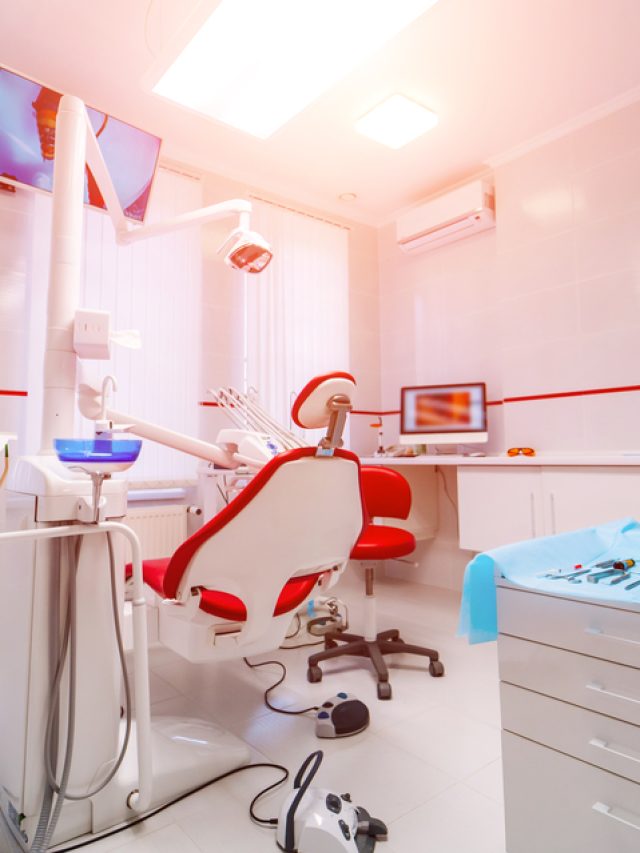Postoperative Wisdom Teeth Surgery Instructions
The removal of impacted teeth is a serious surgical procedure. Post-operative care is very important. Unnecessary pain and the complications of infection and swelling can be minimized if the instructions are followed carefully.
Special considerations following removal of impacted teeth:
- Removal of impacted teeth is a surgical procedure. Post-operative problems are not unusual, and extra care must be taken to avoid complications.
- Severity of postoperative pain will depend on the procedure and your physical condition. Take medication for pain precisely as directed.
- Healing of the surgical site is variable
- Swelling can be expected. An ice bag can be used to reduce it. Use 20 minutes on and 20 minutes off for 24 hours to help prevent excessive swelling and discomfort. If an ice bag is unavailable, simply fill a heavy plastic bag with crushed ice. Tie the end securely, and cover with a soft cloth to avoid skin irritation.
- Difficulty in opening your mouth widely and discomfort upon swallowing should be anticipated.
- Numbness of the lips and/or tongue on the affected side may be experienced for a variable period of time.
The removal of impacted wisdom teeth and surgical extraction of teeth is quite different from the extraction of erupted teeth. The following conditions may occur, all of which are considered normal:
- The surgical area will swell.
- Swelling peaks on the second or third postoperative day.
- Trismus (stiffness) of the muscles may cause difficulty in opening your mouth for a few days.
- You may have a slight earache.
- A sore throat may develop.
- Your other teeth may ache temporarily. This is referred pain and is a temporary condition.
- If the corners of the mouth are stretched out, they may dry and crack. Your lips should be kept moist with cream or ointment.
- There will be a space where the tooth was removed. After 24 hours, this area should be rinsed following meals with warm salt water until it is healed. This cavity will gradually fill in with new tissue.
- There may be a slight elevation of temperature for 24–48 hours. If the temperature continues, notify us.
- It is not unusual to develop bruising in the area of an extraction.
Care of Mouth After Oral Surgery
- Do not rinse or spit for 24 hours after surgery.
- Keep your fingers and tongue away from the socket or surgical area.
- Use ice packs on the surgical area (side of face) for the first 48 hours; apply ice 20 minutes on and 10 minutes off. (Note: Bags of frozen peas work well.)
- For mild discomfort, take Tylenol® or ibuprofen every 3–4 hours.
- For severe pain, use the medication prescribed to you.
- Drink plenty of fluids. (Do not use a straw—this creates suction in the mouth that could cause complications.)
- We suggest that you do not smoke for at least 5 days after surgery.
- Avoid strenuous activity and do not exercise for at least 3–4 days after surgery. After that, be careful: your regular caloric and fluid intake have been reduced, so you may get light-headed, dizzy, or weak.
- If the muscles of the jaw become stiff, the use of warm moist heat to the outside of your face over the spots that are stiff will relax these muscles.
- After the first postoperative day, use a warm salt water rinse following meals for the first week to flush out particles of food and debris that may lodge in the surgical area. (Mix ½ teaspoon of salt in a glass of warm water.)
- Your diet should consist mainly of soft, easily swallowed foods and cool drinks. Avoid anything that might get stuck in your teeth, so no seeds, nuts, rice, popcorn, or similar foods.







